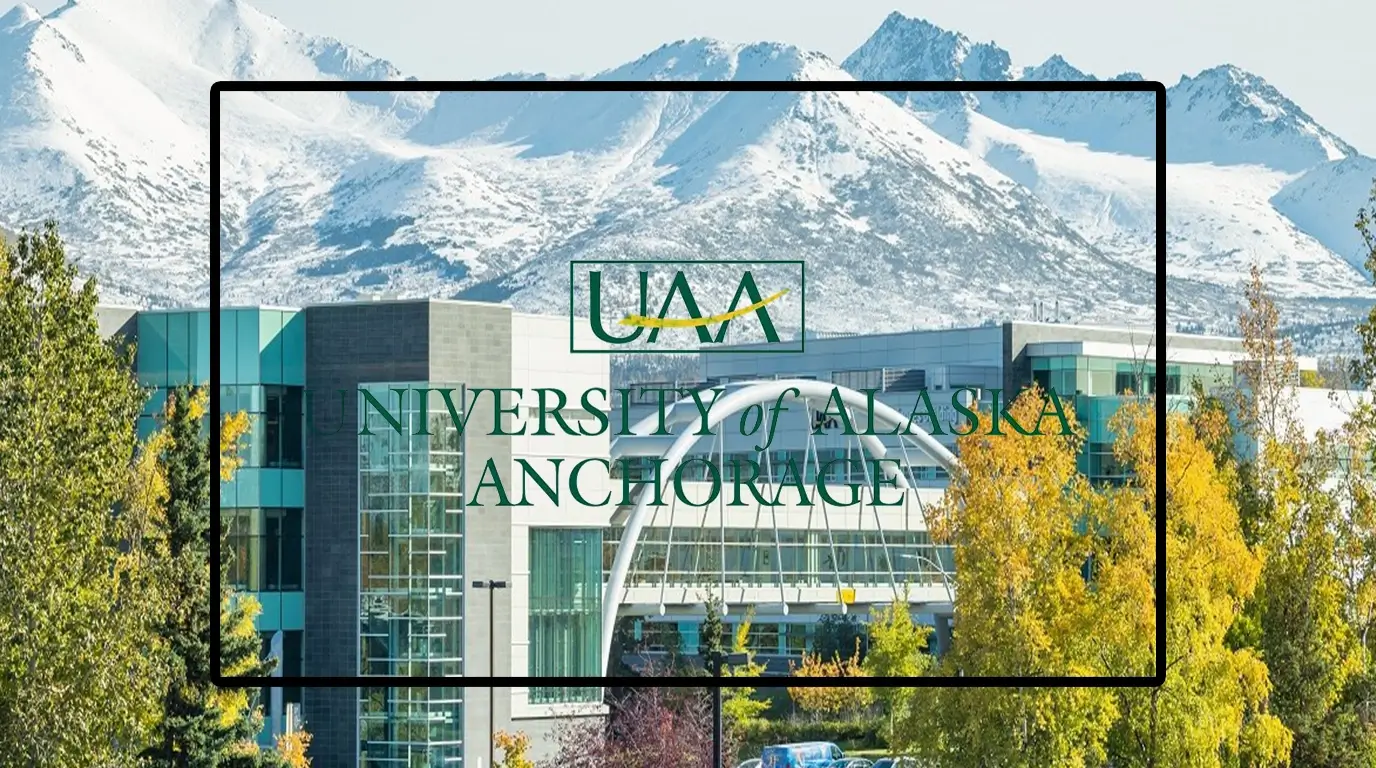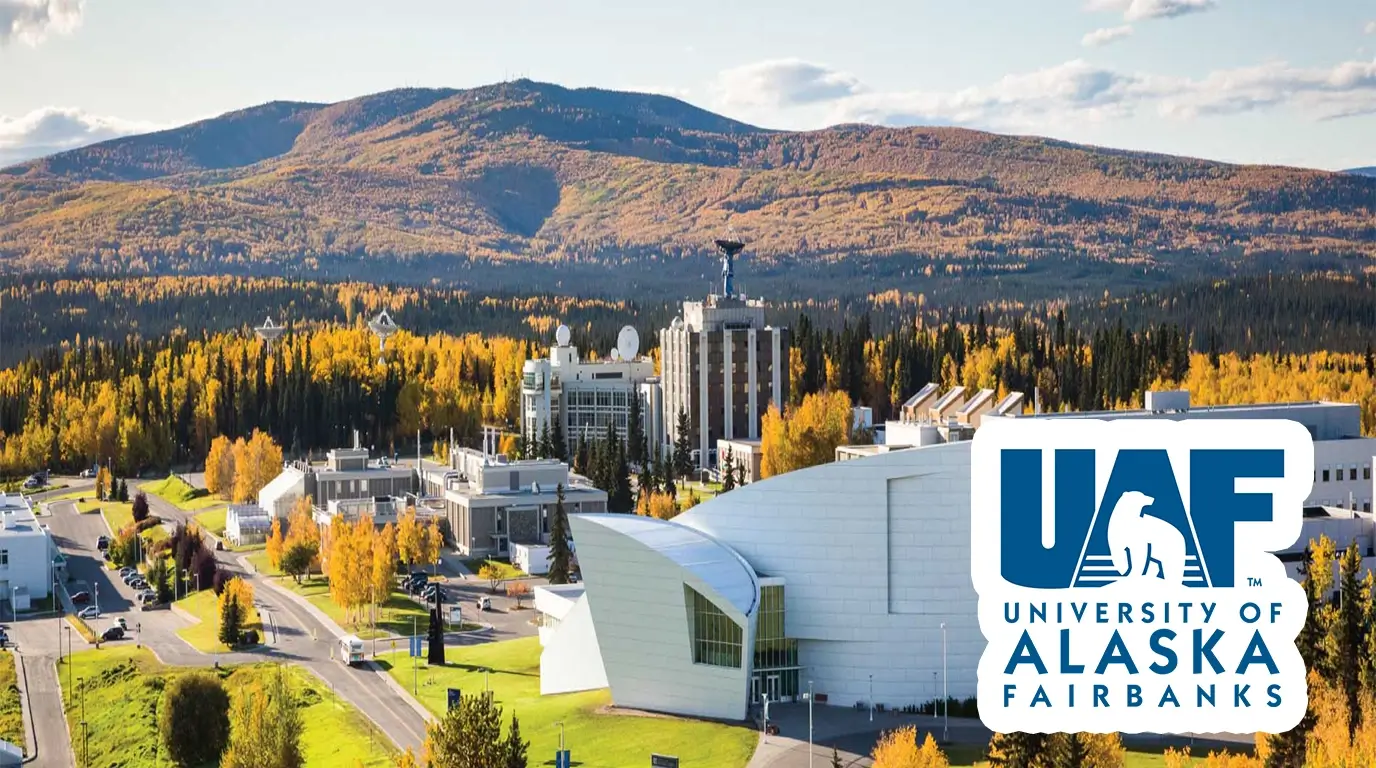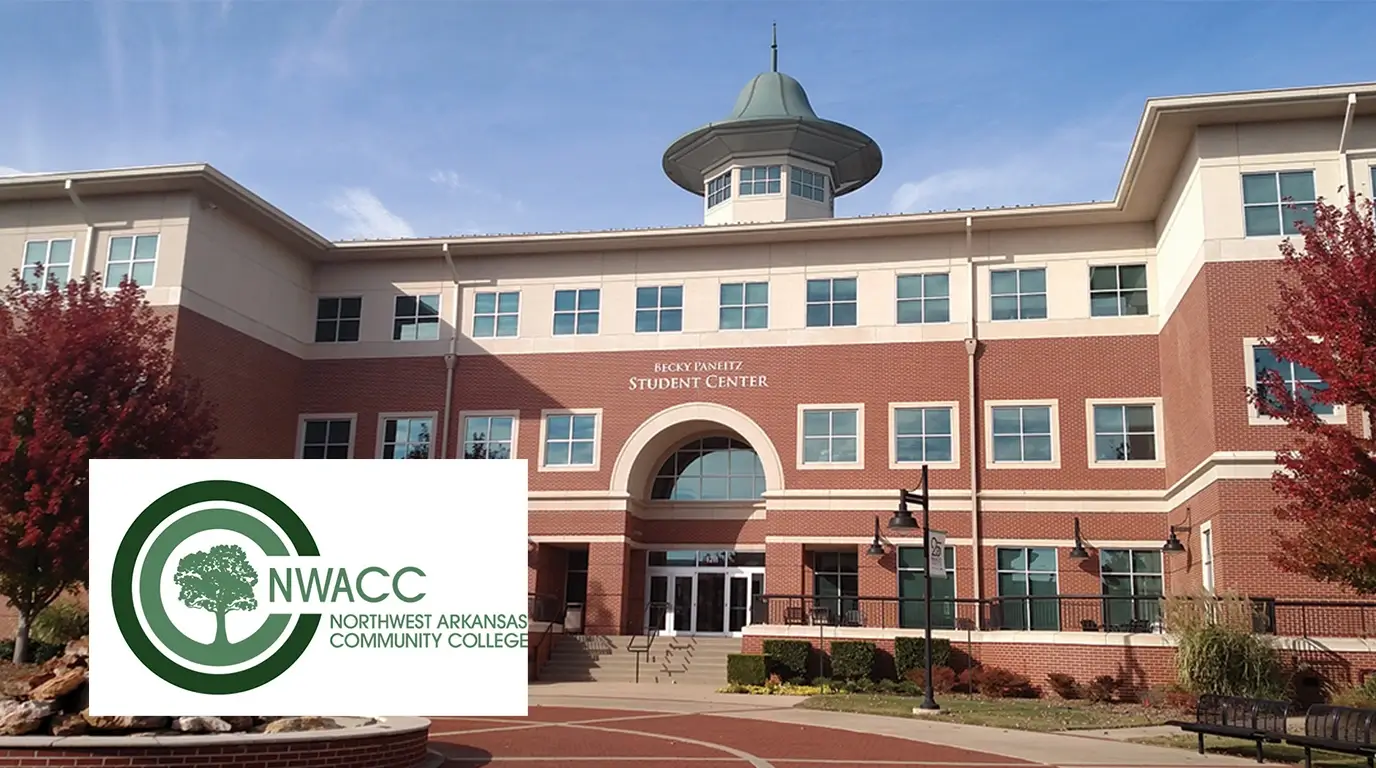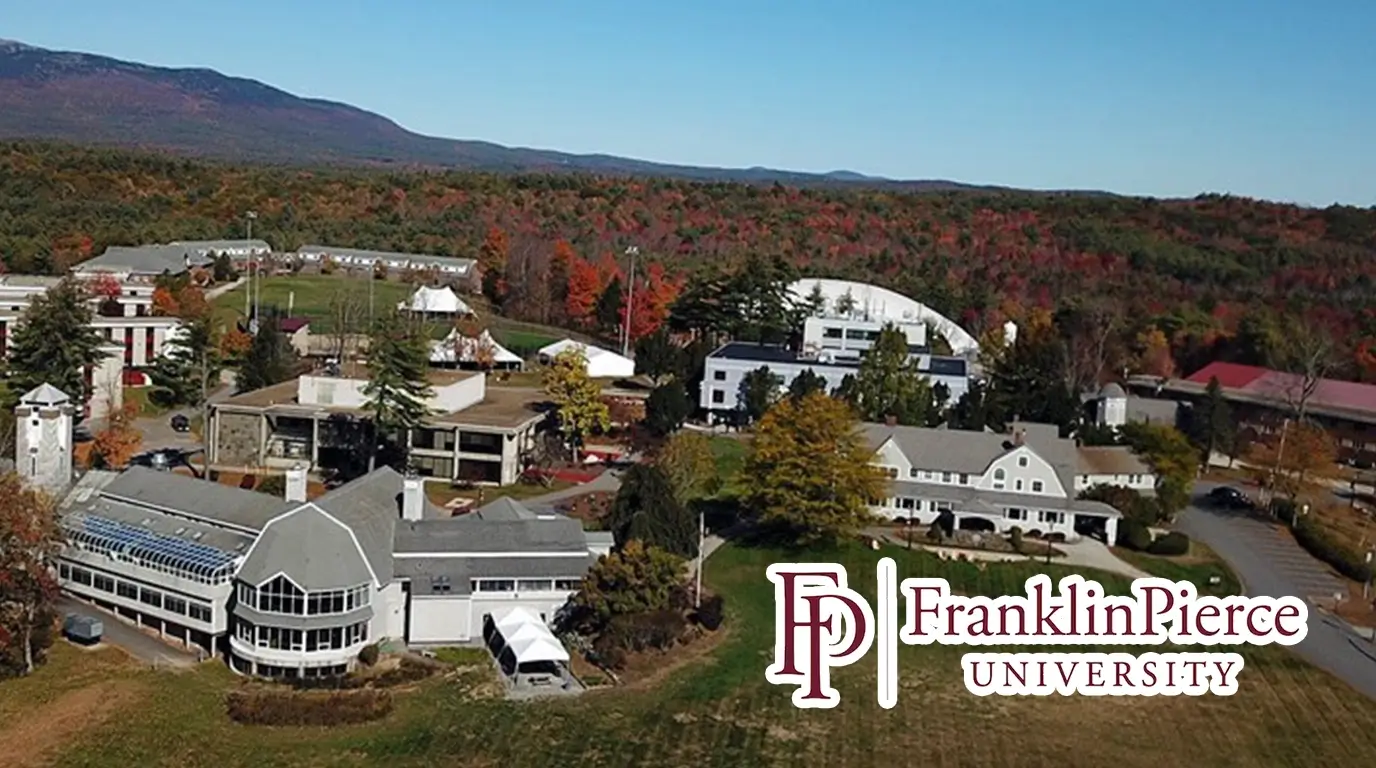Becoming a Paralegal in Alaska – Your State-Specific Guide
Hey there! So, here’s a question for you: Did you know that Alaska, with its rugged landscapes and tight-knit communities, employs around 760 paralegals who earn an average of $63,180 a year—well above the national median? If you’re thinking about diving into a legal career in Alaska without committing to the grind of law school, becoming a paralegal in Alaska might just be your golden ticket. It’s a role that’s vital to the state’s legal system, supporting attorneys in everything from courtroom prep to research, all while offering a solid paycheck and a chance to make a real difference. I’ve spent years navigating the legal world, and I’m here to walk you through what it takes to get started as a paralegal in Alaska. This isn’t some generic career rundown—it’s a tailored guide packed with state-specific details to help you chart your path.
Paralegals in Alaska are the unsung heroes behind the scenes, keeping law firms, government offices, and corporate legal departments humming. Whether you’re drawn to the fast pace of litigation or the steady rhythm of contract work, this career offers a front-row seat to the legal process without the law degree price tag. In this guide, we’ll cover everything you need to know—education options, certification possibilities, job prospects, and more—all focused on Alaska’s unique legal landscape. Let’s get into it.
Paralegal Definition and Regulation in Alaska
So, what exactly is a paralegal in Alaska? Well, the state doesn’t have a formal legal definition carved into its statutes for “paralegal” or “legal assistant.” Instead, it leans on a practical understanding: paralegals are professionals who assist attorneys with substantive legal tasks—think drafting documents, conducting research, or prepping for trials—under direct supervision. The Alaska Supreme Court’s Rule of Professional Conduct 5.3 makes it clear that lawyers are responsible for overseeing their non-lawyer assistants, including paralegals, ensuring ethical standards are met. That’s the framework you’re stepping into.
Now, about regulations—Alaska doesn’t impose any state-specific licensing or mandatory certification to call yourself a paralegal. You won’t find a government-issued badge or a required exam from the Alaska Bar Association. That said, the lack of red tape doesn’t mean it’s a free-for-all. Paralegals here operate under the ethical guidelines tied to the attorneys they work for, meaning confidentiality, competence, and professionalism are non-negotiable. Some folks in the field push for voluntary certification (more on that later), but as of March 2025, there’s no state oversight mandating it. It’s all about proving your worth through skills and experience.
- Key Takeaway: Alaska keeps it simple—no legal definition or state licensing for paralegals, just attorney supervision and ethical accountability.
Education Requirements and Recommended Programs in Alaska
Alright, let’s talk about getting your foot in the door. Does Alaska demand a specific degree to become a paralegal? Nope, not legally. You could technically land a job with a high school diploma and some grit, but let’s be real—most employers in Alaska’s legal market want more than that. They’re typically looking for at least an associate’s degree in paralegal studies or a certificate from a solid program. A bachelor’s degree? Even better, especially if you’re eyeing bigger firms or government gigs in Anchorage or Fairbanks. And while it’s not a must, programs approved by the American Bar Association (ABA) carry serious weight with hiring managers here.
Recommended Paralegal Education Programs in Alaska
If you’re in Alaska, you’ve got some solid local options to build your skills. Here’s where I’d point you:
- University of Alaska Anchorage (UAA) Justice Center: This is a standout. UAA offers an ABA-approved Associate of Applied Science (AAS) in Paralegal Studies and a Bachelor of Arts (BA) in Legal Studies. Both include hands-on stuff like internships and courses in civil procedure and legal research—exactly what Alaska employers want. They also have a Post-Baccalaureate Certificate if you’ve already got a degree and want to pivot into this field.
- University of Alaska Fairbanks (UAF) Community and Technical College: Another ABA-approved gem, UAF’s AAS in Paralegal Studies is a 60-credit program with a 150-hour internship baked in. Think courses like Legal Research and Writing or Ethics for Paralegals—practical skills you’ll use day one on the job.
Online Paralegal Programs for Alaska Residents
Living in a remote part of Alaska? No problem. Online programs can be a lifeline. Schools like Purdue Global or Liberty University offer paralegal certificates and degrees that fit around your life—perfect if you’re juggling work or family in, say, Juneau or a rural village. Just make sure the program aligns with what Alaska employers value: real-world applicability and, ideally, ABA approval.
The truth is, education gives you an edge. I’ve seen firms in Anchorage pass over candidates without formal training, especially when the job involves complex oil and gas cases or tribal law—stuff that’s big in Alaska. An associate’s or certificate is the baseline; a bachelor’s can set you apart.
- Key Takeaway:
- No mandatory education, but an associate’s or certificate is the practical minimum.
- UAA and UAF offer ABA-approved programs tailored for Alaska’s legal needs.
- Online options work if you need flexibility—just aim for quality.
Paralegal Certification and Credentials in Alaska
Here’s where people often get tripped up: certification. Is it required in Alaska? Nope, not by the state. There’s no Alaska-specific paralegal certification you have to chase down. You can work as a paralegal without any fancy initials after your name. But—and this is a big but—getting certified can seriously boost your game.
Nationally Recognized Certifications Relevant in Alaska
National certifications are where it’s at, and they’re respected across Alaska’s legal community. Here are the heavy hitters:
- NALA’s Certified Paralegal (CP): This one’s gold. You’ll need some education (like an associate’s) and pass an exam covering ethics, research, and substantive law. Alaska employers—especially in Anchorage’s corporate law scene—love seeing this on a resume.
- NFPA’s CORE Registered Paralegal (CRP): Another solid choice. It’s about proving your core competencies, and it’s a great way to signal you’re serious about the gig.
Benefits of Certification in Alaska
Why bother? First, credibility. In a state with a tight legal market, standing out matters. Certification shows you’ve got the chops. Second, money. Certified paralegals in Alaska often pull in higher salaries—sometimes pushing past that $63,000 average. Third, advancement. Want to move up to a senior paralegal role at a firm like Ashburn & Mason? This is your ticket. Plus, it opens doors to networking through groups like the Alaska Paralegal Association.
I’ve talked to paralegals in Fairbanks who say certification landed them interviews they wouldn’t have gotten otherwise. It’s not mandatory, but it’s a power move.
- Key Takeaway:
- No state certification required in Alaska—just optional national ones.
- NALA CP and NFPA CRP are top picks and boost your hireability.
- Certification means better pay, credibility, and career growth.
Paralegal Associations in Alaska
Let’s talk community. Joining a paralegal association in Alaska isn’t just about padding your resume—it’s about plugging into a network that can shape your career.
State-Level Paralegal Associations in Alaska
- Alaska Paralegal Association (APA): An affiliate of the NFPA, this group’s your go-to. They’ve got continuing education, a job bank, and events to meet folks in the field. Check them out at their site (you’d need to Google it—I can’t link directly here).
- Alaska Bar Association: While it’s attorney-focused, they list paralegal jobs and offer resources that spill over to support staff. Worth a peek.
- Fairbanks Association of Legal Assistants (FALA): If you’re up north, this local crew offers networking and pro bono opportunities.
Benefits of Joining a Paralegal Association in Alaska
These groups are goldmines. You’ll find job postings before they hit Indeed, plus workshops to keep your skills sharp—think legal tech or Alaska-specific case law updates. Networking? Huge. I’ve seen paralegals snag gigs at firms like Jermain, Dunnagan & Owens just by chatting at an APA mixer. Plus, it’s a chance to swap war stories with people who get it.
- Key Takeaway:
- APA, Alaska Bar, and FALA are your main players.
- They offer jobs, education, and connections critical for Alaska’s legal scene.
Job Market Outlook and Salary for Paralegals in Alaska
Alright, let’s get to the nitty-gritty: jobs and cash. What’s the deal for paralegals in Alaska?
Current Job Market for Paralegals in Alaska
Alaska’s legal market is small but mighty. As of the latest Bureau of Labor Statistics (BLS) data, around 760 paralegals and legal assistants work here, mostly in Anchorage, Fairbanks, and Juneau. Law firms dominate—think Davis Wright Tremaine or Dorsey & Whitney—but government agencies (like the Alaska Court System) and corporate players (ConocoPhillips, anyone?) hire too. The state’s high crime rate—26,198 crimes yearly—keeps legal pros busy, and paralegals are right in the mix.
Average Paralegal Salary in Alaska
Money-wise, Alaska’s good to paralegals. The BLS pegs the average annual salary at $63,180, with nonmetro areas like the Bush hitting $69,510—second highest in the U.S. for rural spots. Entry-level might start closer to $50,000, but with experience or specialization (say, oil and gas law), you could nudge toward $80,000. Location matters—Anchorage pays around $69,190, while Fairbanks dips to $57,230. Education, certification, and years in the game all bump that up.
Job Growth Projections for Paralegals in Alaska
Here’s the catch: growth isn’t booming. Projections show a 3.5% job decline through the decade, against a national 4.2% increase. But don’t panic—50 openings a year are expected, thanks to retirements and turnover. If Alaska’s economy shifts—like more service-based industries needing legal help—that could flip the script.
- Key Takeaway:
- 760 paralegals employed, concentrated in urban hubs.
- Average salary: $63,180, with rural areas topping out higher.
- Job growth down 3.5%, but 50 annual openings keep it viable.
Key Takeaways: Steps to Becoming a Paralegal in Alaska
Ready to jump in? Here’s your roadmap:
- Research paralegal programs in Alaska—start with UAA or UAF.
- Pick your education path: associate’s, bachelor’s, or certificate.
- Go for an ABA-approved program if you can—it’s a hiring boost.
- Explore national certifications like NALA CP or NFPA CRP.
- Join the Alaska Paralegal Association for networking and jobs.
- Start your job hunt—focus on Alaska’s law firms, courts, or corporations.






